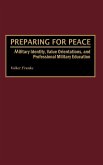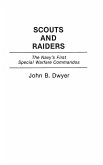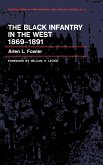"Mr. Prime Minister, to achieve order in the casbah I have to act brutally toward people free of crime, too. I feel humiliated by this behavior. The situation has become a catastrophe. It's breaking us." So spoke an Israeli soldier when Prime Minister Shamir visited troops in the West Bank. Until Not Shooting and Not Crying, few have addressed, from a psychological perspective, the coping strategies and unconventional resolutions constructed by the Israeli soldier in the face of overwhelming moral dilemmas, which he traditionally solved by unselfishly risking his life, but not by refusing to fight. In Israel, refusing to fight for one's country is considered deviant behavior, but in the war in Lebanon individuals adopted this unconventional mode of moral resolution for the first time. Linn assesses the nature of the decision-making process involved in this mode of selective conscientious objection and attempts to define the moral meaning of such behavior, both to the dedicated Israeli soldier and his society. This volume investigates how and why the phenomenon of selective conscientious objection emerged so dramatically during the war in Lebanon, identifies the psychological characteristics of the soldiers who chose this course of action, and considers the impact and future consequences of this action on Israeli society. Linn summarizes the military history of Israel from the 1967 Six-Day War to the undeclared war currently being waged in the occupied territories. The nine chapters, followed by references, tables, and appendixes, address such areas as: the individual conscience at war--a search for a theoretical framework; why the Lebanon war precipitated the phenomenon of conscientious objection; the objectors' claims for moral superiority and consistency; refusing soldiers compared to striking physicians; and others. Scholars and students of military affairs, psychologists, and those concerned with contemporary ethical/moral issues will find Linn's work indispensable.
Hinweis: Dieser Artikel kann nur an eine deutsche Lieferadresse ausgeliefert werden.
Hinweis: Dieser Artikel kann nur an eine deutsche Lieferadresse ausgeliefert werden.








